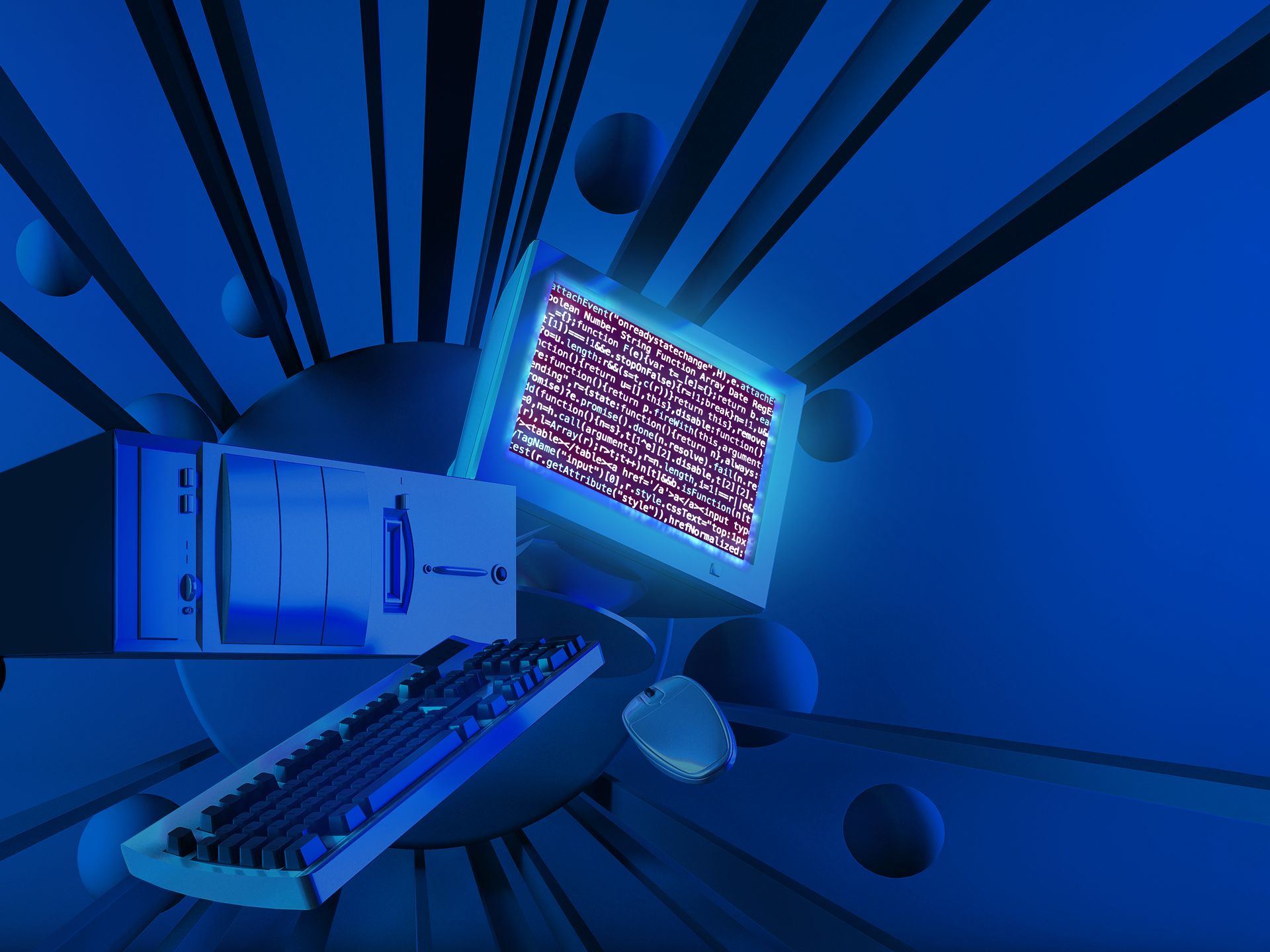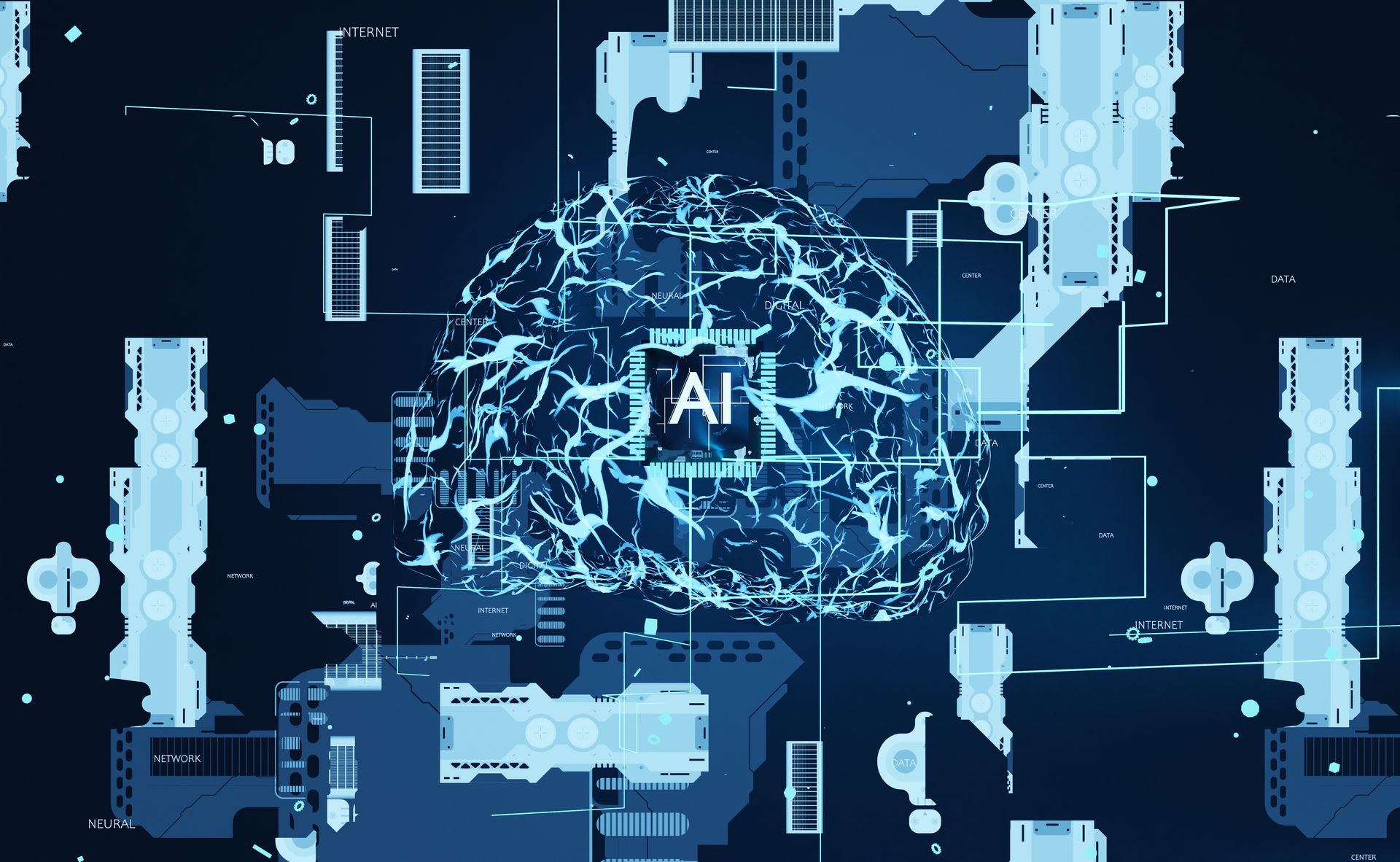Do we need an AI PC any time soon?

An AI PC, featuring processors from companies like AMD, Intel, and Qualcomm with dedicated neural processing units (NPUs), is a topic generating considerable interest. The idea of seamlessly integrating artificial intelligence (AI) into our computers is fascinating.
However, the question remains: Do we need an AI PC any time soon?
The promise of AI PCsThe advent of AI PCs introduces the potential for enhanced computing capabilities, promising to handle AI tasks more efficiently than traditional PCs. These devices are equipped with NPUs, designed specifically to manage AI workloads. This innovation could potentially revolutionize how we interact with our computers, offering a more seamless and efficient experience.
AI PCs are designed to take advantage of AI technologies, such as machine learning and deep learning, by integrating these capabilities directly into the hardware. This could theoretically lead to faster processing times and improved performance for AI-related tasks. However, it is important to consider whether these advancements are necessary for the average user.
 AI PCs promise to handle AI tasks more efficiently, potentially revolutionizing user interaction with computers (Image credit)
A regular PC is just fine right now
AI PCs promise to handle AI tasks more efficiently, potentially revolutionizing user interaction with computers (Image credit)
A regular PC is just fine right now
Despite the advancements in AI PC technology, a regular PC can handle most consumer-level AI tasks effectively. Everyday AI tools, such as virtual assistants and basic machine learning applications, do not necessarily require specialized AI hardware. For instance, many AI applications run just as well on a standard $300 PC as they do on a more expensive AI PC.
A common example is Microsoft Copilot, an AI-driven assistant that can be accessed on any internet-connected device. Whether you are using a regular laptop or an AI PC, your requests are processed by Microsoft’s servers, and the responses are sent back to your device. The dedicated Copilot key on an AI PC may offer a convenient shortcut, but the underlying functionality remains the same across different types of hardware.
Even more demanding applications like image generation tools, such as Stable Diffusion, can be run on standard consumer PCs. While NPUs in AI PCs might reduce the load on CPUs and GPUs, potentially improving battery life, these benefits may not be compelling enough for most users to justify the upgrade. The truth is, most users do not spend extensive amounts of time running such resource-intensive AI tasks.
AI PCs lack revolutionary featuresCurrently, Copilot+ PCs do not offer groundbreaking features that would make them essential for the average user.
Some of the features exclusive to AI PCs, like Windows Studio Effects, a dedicated Copilot key, and the Windows Recall feature, provide incremental improvements but are not revolutionary. These features can enhance user experience to some extent, but they do not offer functionalities that are significantly different from what is already available on standard PCs.
 Even resource-intensive applications like Stable Diffusion can run on standard consumer PCs (Image credit)
Even resource-intensive applications like Stable Diffusion can run on standard consumer PCs (Image credit)
For instance, Windows Recall allows users to revert to previous versions of files and applications more easily. While this can be a convenient feature, it is not exclusive to AI PCs and can be achieved through various software solutions on regular PCs. Similarly, while the dedicated Copilot key offers quick access to the AI assistant, users can still access the same functionality through standard keyboard shortcuts.
For AI PCs to become truly compelling, they would need to offer features that open up new possibilities and significantly enhance productivity and creativity. Features that leverage AI to provide tailored assistance, automate complex workflows, and deliver a personalized computing experience could make AI PCs a worthwhile investment. However, such features are not yet widely available.
The future of AI PCs with potential Windows upgradesThere is speculation that future versions of Windows, such as a potential Windows 12 upgrade, might integrate more advanced AI capabilities directly into the operating system. Rumors suggest that this upgrade could require PCs to have a dedicated NPU or a high-end GPU capable of handling local AI processing tasks. Such advancements could make AI PCs more appealing to a broader audience.
Potential features of future Windows upgrades include an improved Copilot that can assist with more complex tasks, an AI Explorer feature that learns user workflows and suggests relevant files and applications, and AI-powered search capabilities. Other rumored additions include AI-driven image upscaling, automatic live captions for video calls, and a refreshed interface with a more centered taskbar.
If these speculated features become a reality, they could push AI PCs further into the mainstream, offering functionalities that significantly enhance user experience. However, until such upgrades are confirmed and implemented, the necessity of AI PCs remains questionable for most users.
While the concept of AI-powered PCs is intriguing, the current state of technology does not make them a necessity for the average user. Regular PCs are capable of handling most consumer-level AI tasks effectively, and the additional features offered by AI-powered PCs are not yet compelling enough to justify an upgrade. Future advancements in AI technology and potential Windows upgrades could change this, but for now, the need for an AI PC is not urgent.
Featured image credit: Freepik
